The REC project intends to create find common standards in terms of professionals’ competences, tools, qualification pathways for professionals in the field of vocational training in the context of preparing migrants and refugees to enter the labour market.
The project, coordinated by Cooperativa sociale FOLIAS (www.folias.it ) is co-funded by the European Commission under the Erasmus+ Programme, Cooperation for innovation and exchange of good practices (2018-1-IT01-KA202-006840)
The approach of the REC project, whose main priority is Social Inclusion, is based on the following assumption: despite the great efforts of the EU in terms of establishing the right framework for the recognition of skills (ECVET), national / regional systems, some countries are still experiencing difficulties in applying / recognizing / adopting these guidelines, especially with target groups such as migrants / refugees that have acquired skills mostly in non-formal or informal settings.
In this context, both the development of professional skills of practitioners and the recognition and validation of those skills to facilitate access to flexible, inclusive and learner-centred pathways become paramount.
REC focuses on the labour market inclusion of migrants and refugees by trying to find common standards (practitioners’ skills, tools, quality assurance and qualification paths) that are consistent with EU and national/local level requirements.
VET can do a lot to turn the “migration crisis” into a “migration opportunity”
VET can do a lot to turn the “migration crisis” into a “migration opportunity” for the economy and mitigate the persistent mismatch of labour supply and demand in some employment sectors and for some professional profiles and qualifications.
For migrants and refugees, the early identification and validation of skills acquired in informal or non-formal contexts will help them enter VET and provide better labour market opportunities as a result of visible and validated experience, talent and competences.
Furthermore, guidance and counselling practitioners play a critical role in this process and their professional competences are central to the process. In this respect, their knowledge of stakeholders, formal education and labour market systems, regulations and qualification (including the EU tools) standards and potentially useful assessment methods for referencing evidence against standards become relevant to their job.
The 36-month REC project has been implemented by a transnational partnership involving 10 institutions from 6 EU countries: Italy, France, Greece, Belgium, Germany and Spain.
The team, moving from a baseline situation to an EU methodology, identified some common existing gaps in the ability of recognizing and validating non-formal learning of the target group beneficiaries and defined common profiles and alignment to EU standards (ESCO- EQAVET) by training the practitioners, to equip them with the new skills and tools to deal with migrants and refugees
The consortium, together with the practitioners, developed a joint coordinated methodology for testing the REC model, which was built through a selection of activities, tools and indicators.
All the materials, tools and the outputs of the REC project are shared as open education resources (OER) on the Erasmus+ Project Results Platform and mainstreamed by Tandem Plus and EVTA, the 2 EU Networks involved.
For more information, and to ask questions about the project, please get in touch with the project and network coordinator Giulia Basso at: international@folias.it
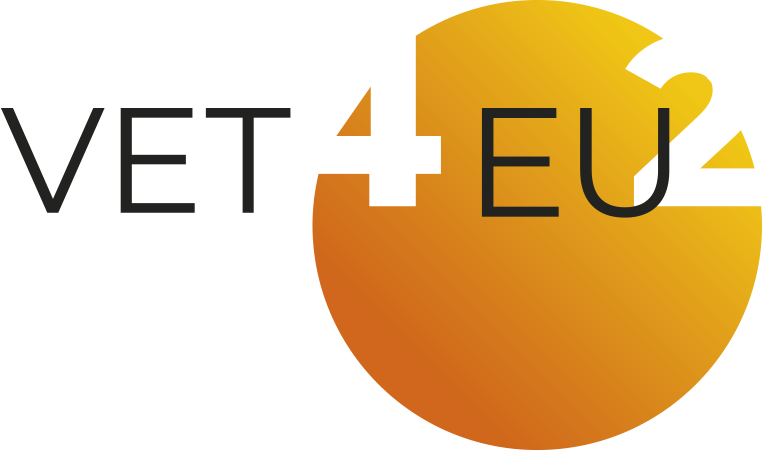
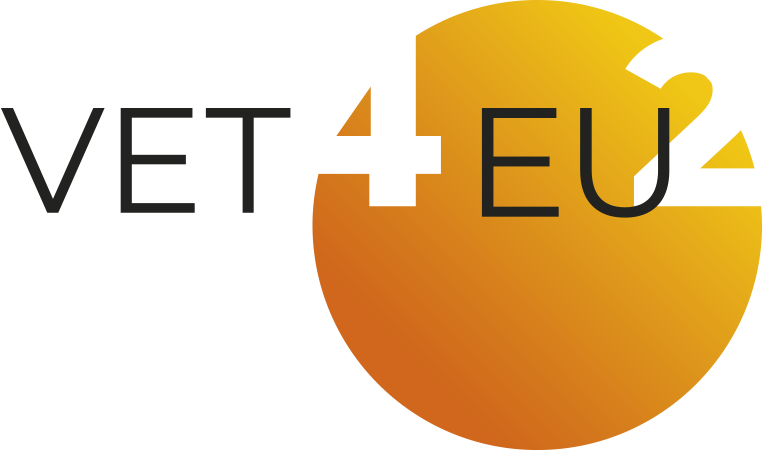

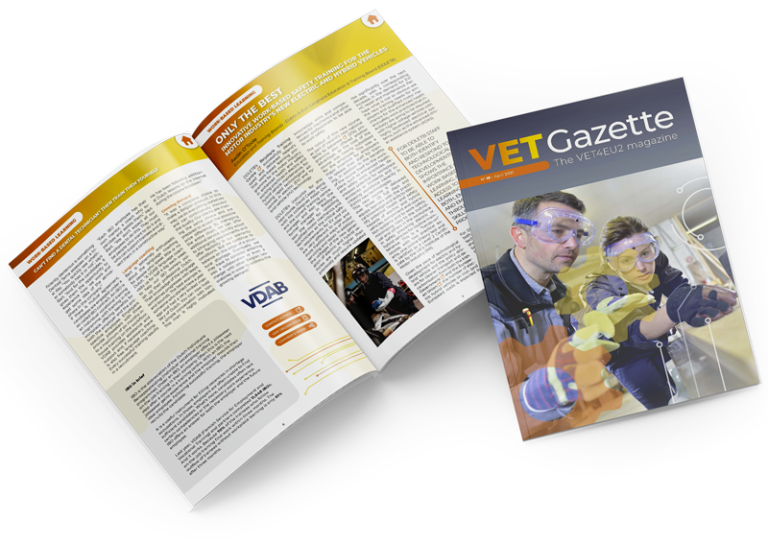
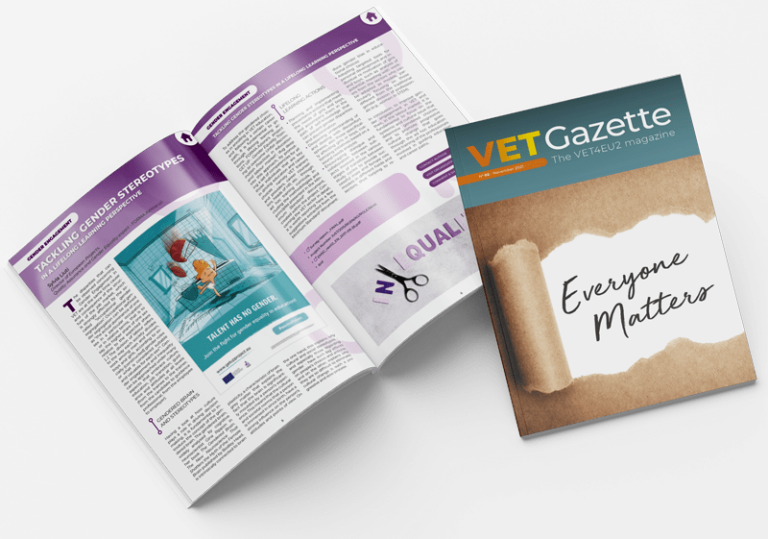
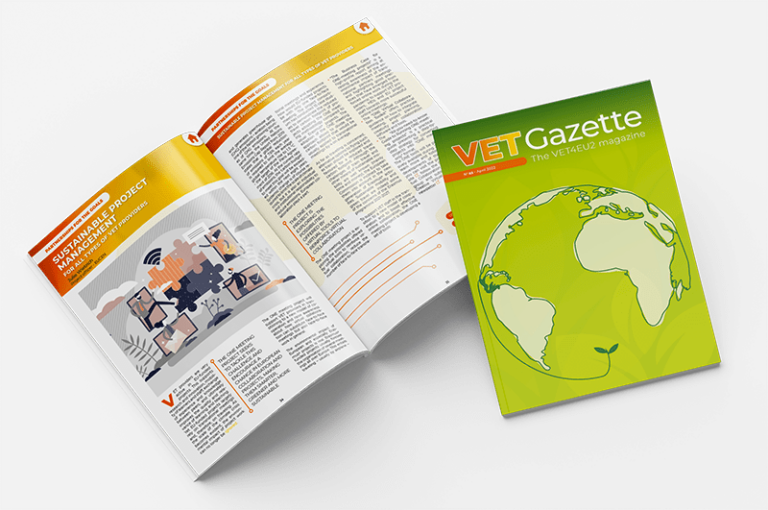
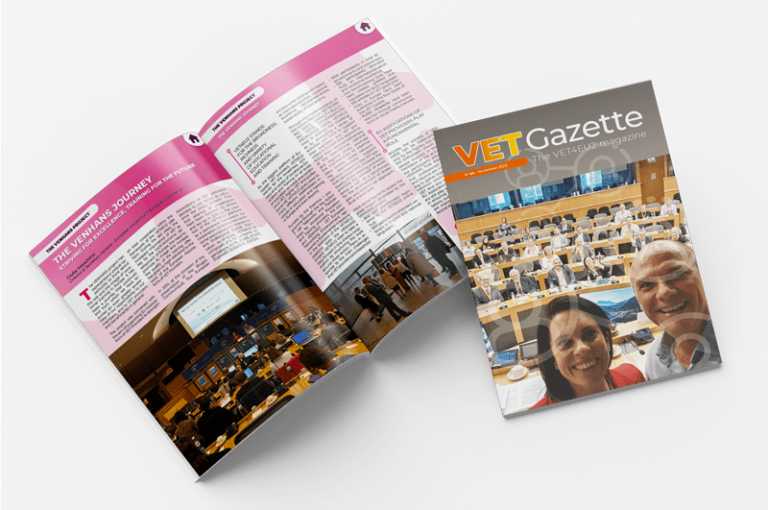

Responses